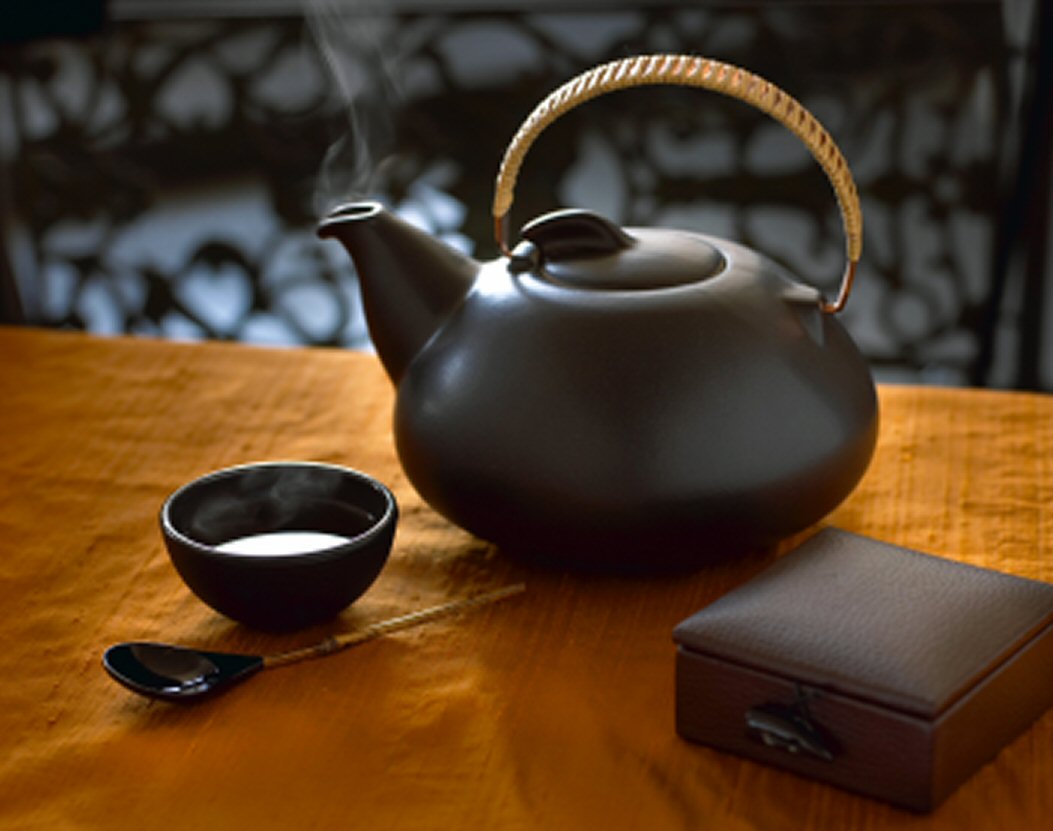
The health benefits of Oolong tea
Tea has been historically used as medicine in China and it is commonly believed that Chinese Tea has many health benefits. Recently scientists have become interested in studying the benefits of Oolong tea and have discovered that these benefits are not simply legends but scientific facts. During the Ming Dynasty (1368-1644), Li Shizhen wrote the book titled; the Compendium of Materia Medica (Bencao Shiyi). In the book it states that drinking tea for extended periods of time will make one live longer and keep them from becoming obese. Oolong tea contains a full range of antioxidants, which is good for helping in the fight against cancer, heart disease, eczema, diabetes and high blood pressure.
Antioxidants
Free radicals are molecules which are linked to diseases and signs of aging, including cancers, wrinkles, and dark spots. Antioxidants are molecules which are capable of preventing, or at least slowing down the oxidation of cells. Oxidation can produce free radicals, which start chain reactions which damage cells and cause the above mentioned problems. Many teas contain antioxidants and a study conducted by Kenichi Yanagimoto in Japan found that Oolong tea blocked oxidation by 50% in a period of over 15 days. This is a great boost to health and beauty.The high levels of antioxidants found in Oolong tea also promotes dental health and the strengthening of bones. People who experience pain in their joints are advised to drink four to five cups of Oolong tea every day to help alleviate pain and other symptoms associated with bone problems.
Weight Loss and Heart Health
One of the most well known benefits of Oolong tea is its ability to promote weight loss. Recent scientific studies have shown that Oolong tea contains polyphenol, which activates the enzyme that is responsible for dissolving triglyceride, which increases metabolism, lowers cholesterol, and blocks fat absorption. A 2007 American study using rats as test subjects has shown that Oolong tea reduces the concentrations of Triglycerides, the most common form of fat in the body, by 80% compared to rats on normal diets. In 2001 a Japanese study found that after one month of regular Oolong tea drinking a noticeable reduction in cholesterol was found. A clinical test was carried out on 75 human participants between the ages of 22 and 68. Each of the participants was obese from poor diet habits and lack of physical exercise. Each participant refrained from exercising or taking any dietary treatment. They were each given Oolong tea twice a day for six weeks. At the end of the study period, it was found that, on average, 4mm of subcutaneous was lost in the area near the naval. It was also found that the serum triglyceride level in some of the people who had a higher level than average fell. It was also discovered that the cholesterol level had dropped noticeably during the testing period. 67% of the participants had lost weight. It has been confirmed that the continuous intake of Oolong tea promotes fat metabolism.
Diabetes Treatment
A 2003 study done in Taiwan found that drinking Oolong tea is beneficial for diabetes patients. The 20 participants suffered from type 2 diabetes. All participants continued their hyperglycemic drug intake during the study. Some of the participants drank 1.5 liters water or Oolong tea daily for 30 days. The participants who drank Oolong tea experienced 30% reductions in plasma glucose and 20% reductions in fructosamine concentrations. The control group who drank water experienced no changes. It was concluded that Oolong tea combined compliment oral agents in the treatment of type 2 diabetes.
High Blood Pressure
A 2004 study found that drinking Oolong tea for a minimum of 6 months can reduce high blood pressure levels. It was found that regular drinkers of Oolong tea are less likely to develop high blood pressure. People who drink one and half to two cups of Oolong tea a day are 46% less likely to develop high blood pressure and people who drink more than 2 cups a day are 65% less likely to develop it.
Skin Treatment
Eczema or Atopic Dermatitis is a skin disease which causes skin to become red, flaky, and itchy. Recalcitrant Atopic Dermatitis does not respond to conventional treatment, but a 2001 study by the Shiga University in Japan has shown that drinking Oolong tea is good for Recalcitrant Atopic Dermatitis. The study had 118 participants. They continued their normal dermatological treatment, and in addition drank one liter of Oolong tea a day. In 1 to 2 weeks effects were observed and 63% of the participants had moderate improvements after drinking the tea for one month.
Stress Relief
In China it is widely believed that drinking four cups of Oolong tea per day can help people suffering depression, mood fluxuations, and anxiety problems. There is no scientific data on these claims, but they are quite intriguing.

